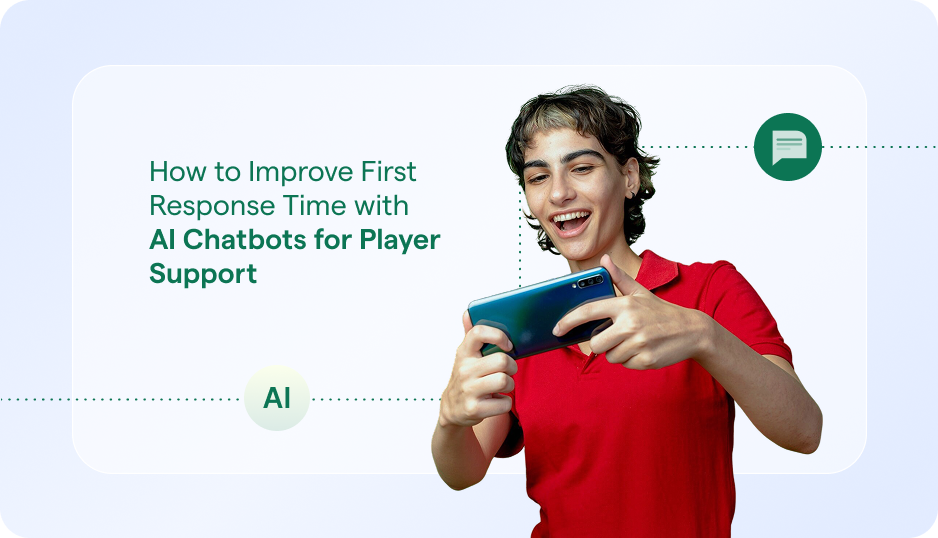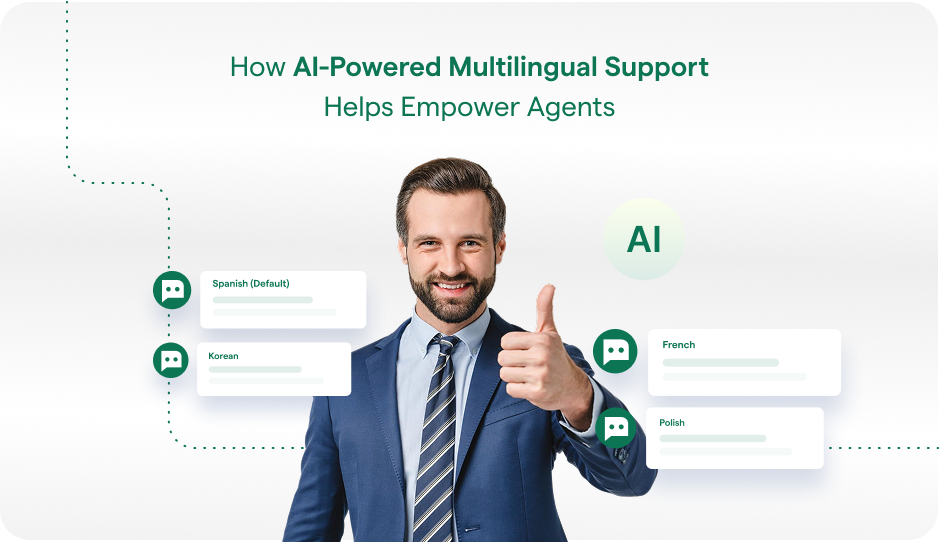Intelligent routing, also known as skills-based routing or smart routing, is a critical technology in contact centers. It’s the system that directs all incoming customer queries — via phone, email, messaging, chat, or any other channel — to the correct solution or agent. Done well, intelligent routing makes customer service organizations more efficient and economical. Done poorly, and intelligent routing makes for angry, frustrated customers.
Why Does Intelligent Routing Matter to Customer Service?
Frictionless customer support means routing issues to the right agents and queues the first time, before customers become frustrated. The way a customer experience unfolds has a lot to do with how it’s initially routed. Intelligent routing is essential to kicking off a successful customer experience and making internal customer support operations efficient.
In the old IVR phone-tree phone system model, customers were forced to route themselves by selecting the correct option from an automated voice system. But modern contact centers using multiple digital and voice customer-contact options have access to technology that makes intelligent routing much more intelligent.
AI-classification engines apply machine learning and AI algorithms to more accurately predict the category of a customer issue as it comes in, and then route the issue to the right category of agent or group. The engine is initially trained with sample issues from the existing ticketing system, and over time, it learns how to more and more accurately classify incoming tickets.
How Helpshift Supports Intelligent Routing
Helpshift’s intelligent routing engine leverages rich data to help you make smart decisions. It allows you to prioritize urgent cases and high-value customers, precisely route a case to the correct bot or agent, and orchestrate how humans and bots collaborate to quickly resolve customer problems.

The AI-powered classification engine allows you to customize and deploy AI models so that customer issues are automatically labeled. The intelligent routing algorithm is trained once and continuously improves over time, based on agent feedback. Once classified, issues are triaged to specific agents and queues. Intelligent routing can classify based on language, user type, customer status, priority, and other criteria. In this way, each issue is routed to the most qualified agent.



